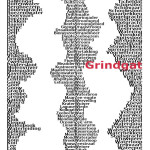While visiting Scotland I had the opportunity to discuss my work with Irene McAra and Joe Lockwood, both…
Grasses rock!
Determining grass turns out to be rather difficult. At least: for me. I first consulted the Dairy Farming Handbook, which contains drawings of different types of grass. I was quickly beaten by the jargon – didn’t know that grass has tongues and ears, for example. So switched to photos: https://www.floravannederland.nl/home/plantenplanten/hoofdcategories/grasachtigen/ and https://www.verdiffusingsatlas.nl/0932 and google images: lens.google.com
To be able to compare well with the photos on those sites, I took to making photos of the grasses myself.
First I used my Iphone, then – for more control and detail – my Nikon D500 with macro lens. Up until now I identified Lolium perenne (Perennial Ryegrass), Dactylis glomerata (known as cock’s-foot, orchard grass, or cat grass) and Phleum pratense (timothy-grass, meadow cat’s-tail or common cat’s tail). The photographing began as a way to identfy the grasses, but soon got a life of its own. These grasses – seen from close up – rock!
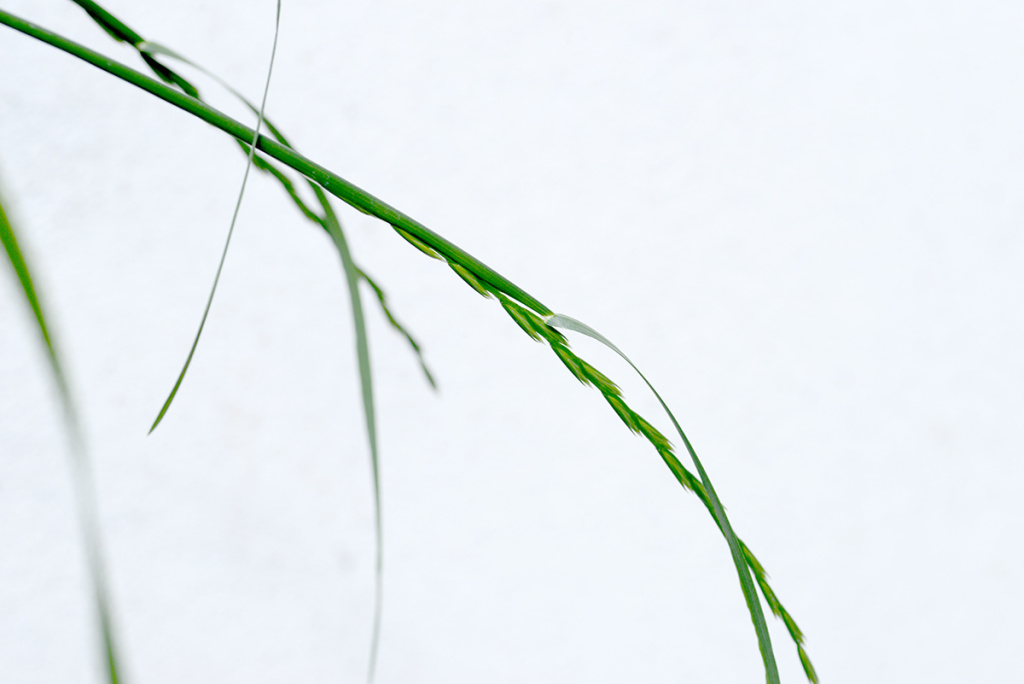
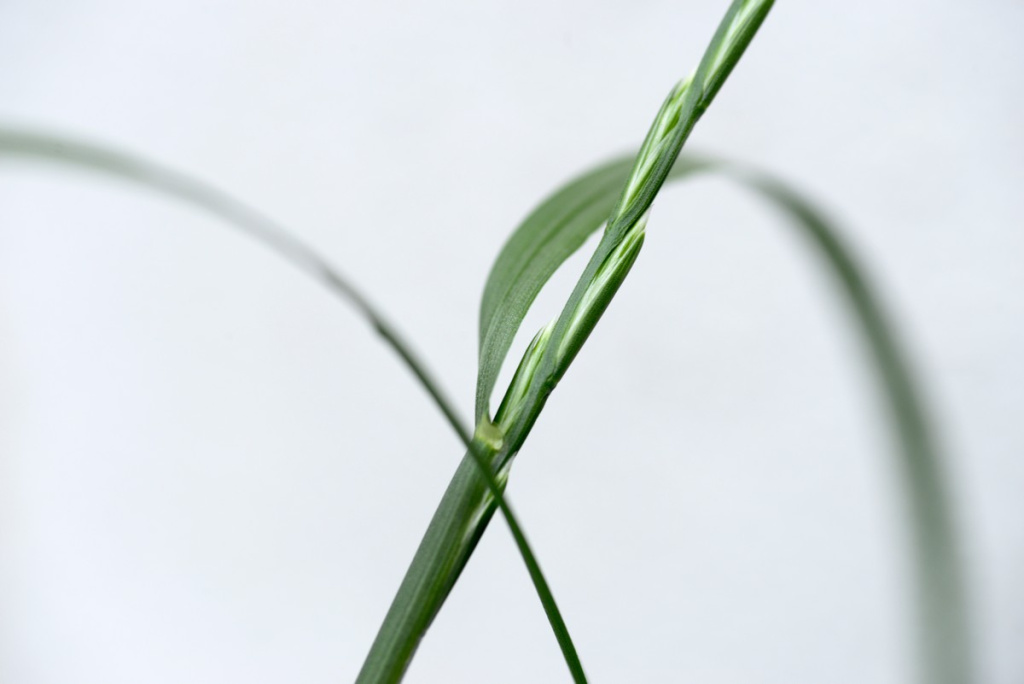
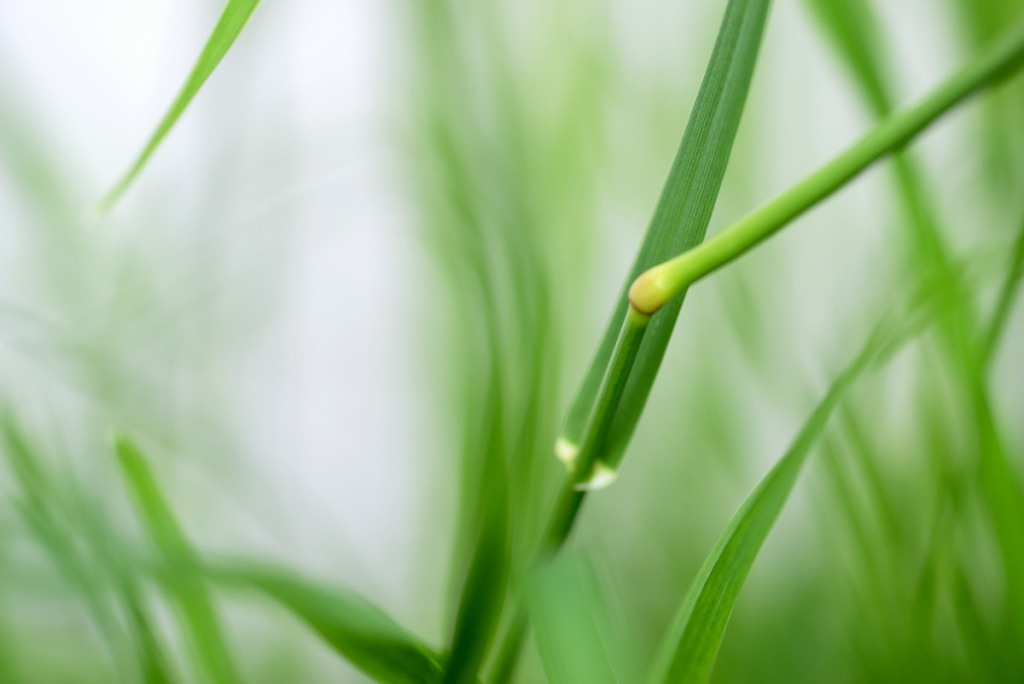
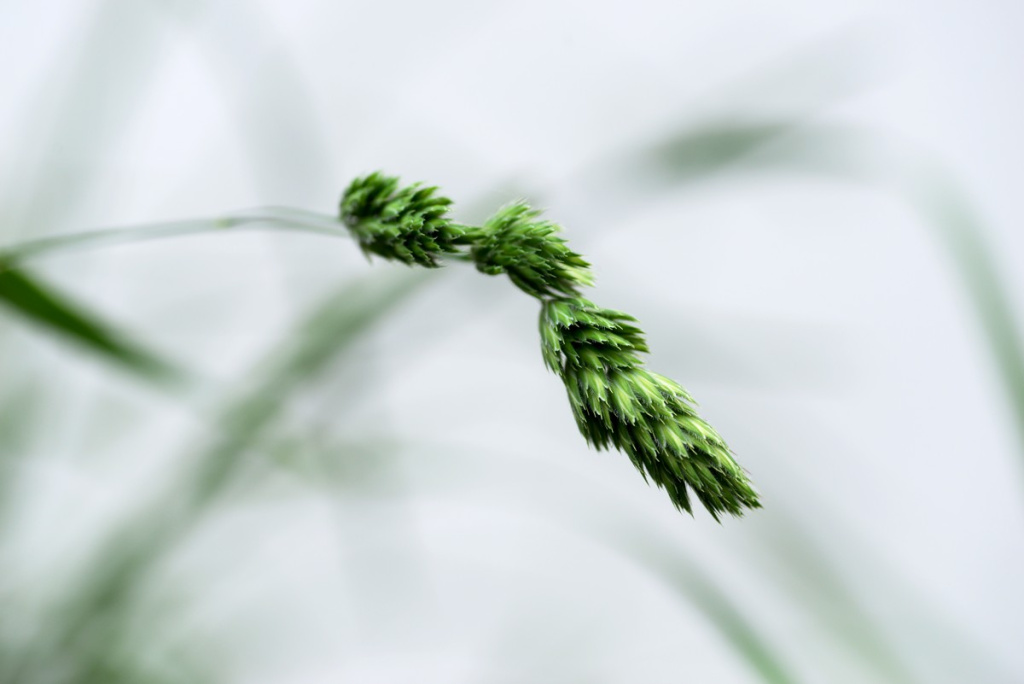
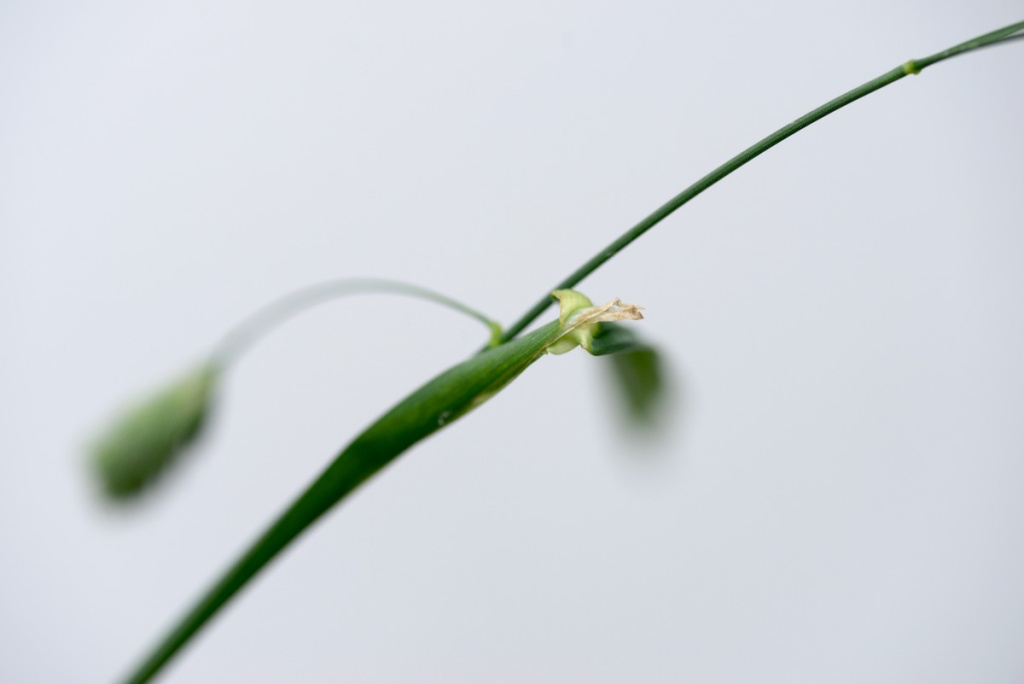
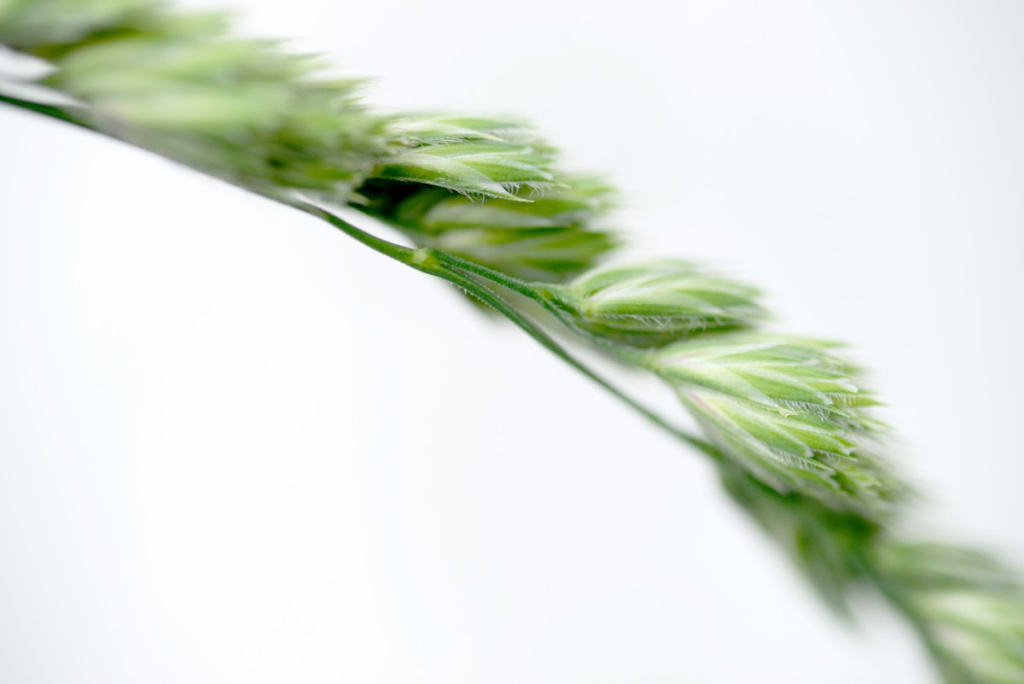
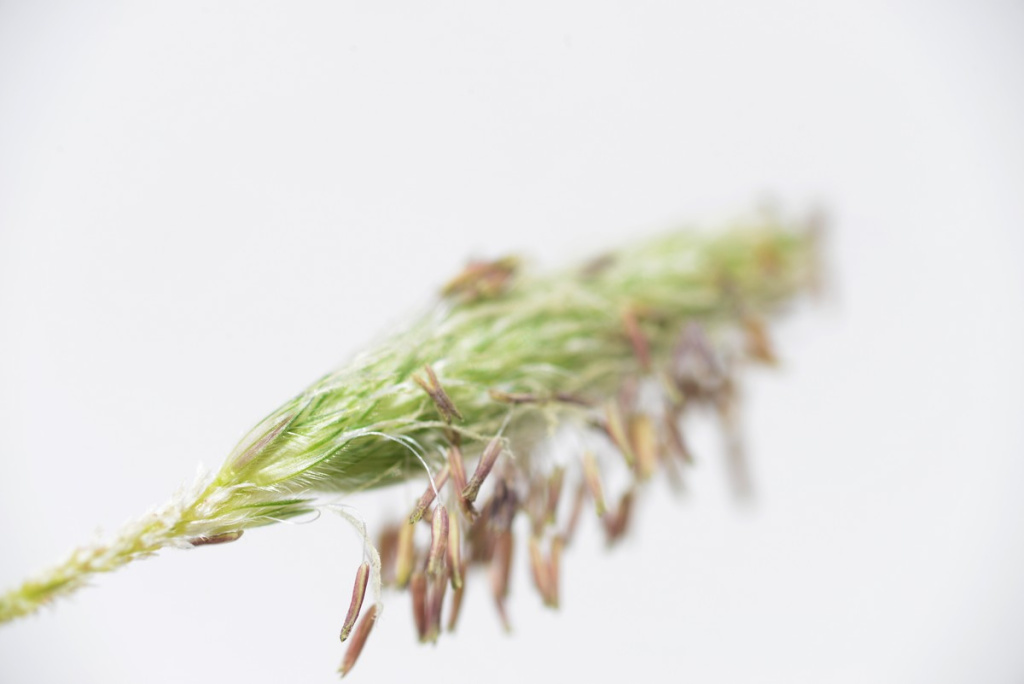
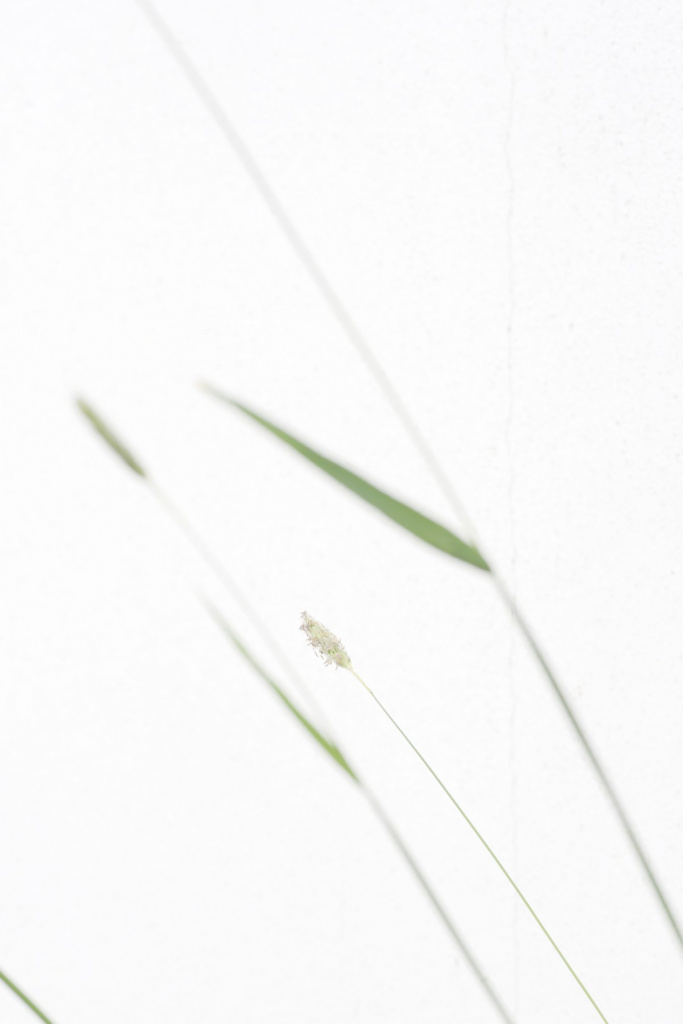
| « By-products of the hay factory | <-- previous post | next post --> | Upscaled COb » |
|---|
